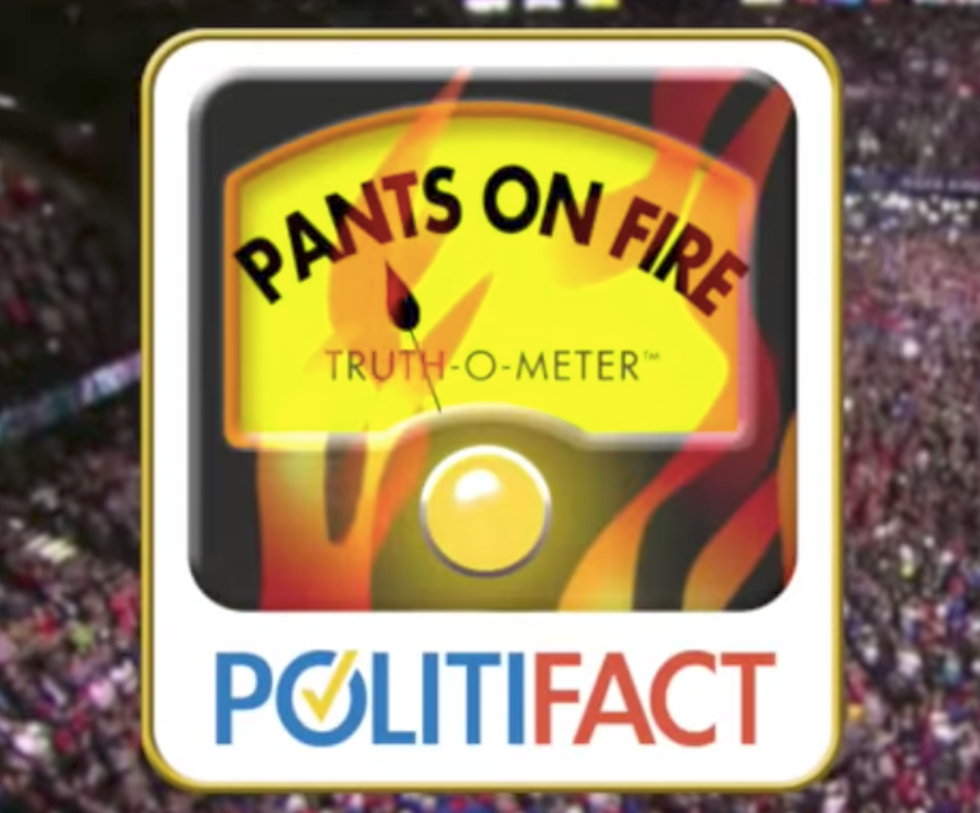PolitiFact, the popular fact-checking website that has been accused of anti-GOP bias and has at times been criticized by both liberals and conservatives, has brought on two former congressmen to provide some accountability.
Who are they?
PolitiFact has brought on one Republican and one Democrat as “reader advocates” to critique its fact-checks.
David Jolly, the former U.S. representative of Florida’s 13th District (2014-17) and a recurring guest on MSNBC and CNN is the Republican advocate.
Alan Grayson, former U.S. representative for Florida’s 8th District (2009-11 and 9th District (2013-17) was selected as the Democratic advocate.
Within hours of the announcement, PolitiFact revoked Grayson’s offer after outrage from the journalism community that they selected a man who threatened a journalist who wrote about domestic abuse allegations against Grayson.
PolitiFact said it would begin seeking a replacement Democrat.
Why are they doing this?
PolitiFact said it has “committed…to a series of experiments to try and improve trust and credibility in fact-checking.”
The two advocates will have the freedom to critique any fact-checks on the site, without any restrictions from PolitiFact.
Bias against Republicans?
Over the years, several studies have revealed an apparent bias against Republican politicians in PolitiFact’s articles.
The site rates claims on a spectrum from “Pants on Fire” to “True.” True is self-explanatory. “Pants on Fire” is subjective, because it is worse than simply “false;” it implies a malicious intent behind the lie rather than simply an error or misstatement.
In between the extremes are “Mostly True,” “Half True,” and “Mostly False.” Those ratings are where the most subjectivity is found, and where PolitiFact is most likely to be accused of bias.
The site also compiles aggregate scores rating politicians’ honesty, which are widely shared by mass media outlets.
That can be misleading, as explained by The Federalist in this in-depth look at how PolitiFact rates people and claims:
Whenever you see the “Republicans Lie More Than Democrats” headline, whether it is in The Atlantic, the New York Times, Politico, or Salon, you’ll find that the data to support this claim comes from PolitiFact’s aggregate truth metrics. Using collective data instead of individual cases lets PolitiFact gloss over individual articles that delivered a questionable rating, comparable situations for two speakers that PolitiFact treated differently, biased selection of facts, and instances in which PolitiFact made an editorial decision to check one speaker over another.







